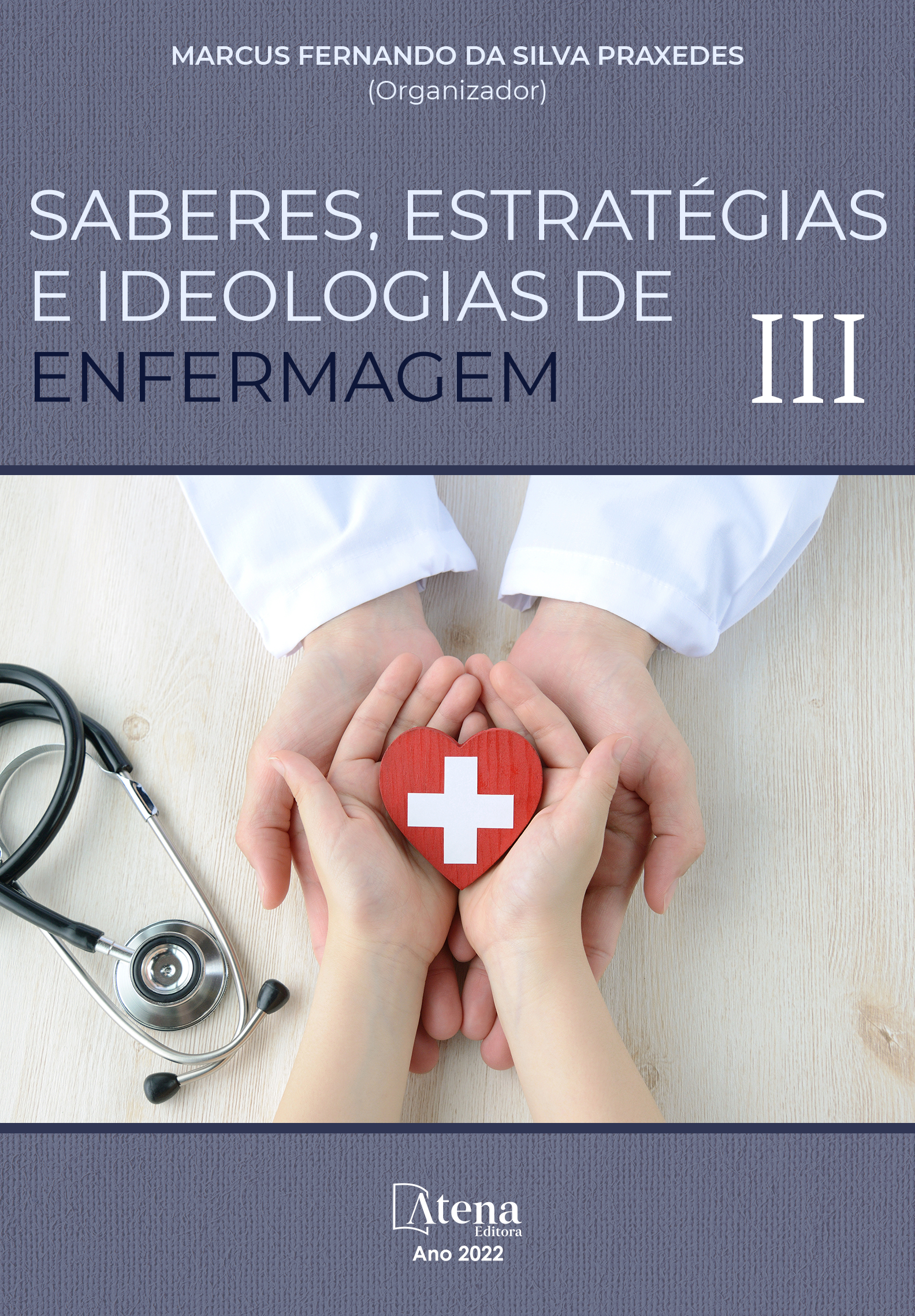
RELATO DE EXPERIÊNCIA: ELABORAÇÃO DE UM INSTRUMENTO PARA IMPLEMENTAÇÃO DA SAE E QUALIFICAÇÃO DAS AÇÕES DOS ENFERMEIROS EM UM CAPS
INTRODUÇÃO: A Sistematização da Assistência de Enfermagem (SAE) é conhecida mundialmente como uma ferramenta de trabalho privativa do enfermeiro, com o papel de direcionamento, planejamento e organização das ações do processo de trabalho da enfermagem. Tal procedimento é regulamentado no Brasil, segundo a resolução nº 358/2009 do Conselho Federal de Enfermagem. Essa importante ferramenta passou a ser implementada no campo da saúde mental após a reforma psiquiátrica brasileira, visando garantir uma assistência qualificada. OBJETIVO: Relato de experiência com o objetivo de descrever a elaboração de um instrumento norteador que viabilizasse a implementação da SAE, dentro de um Centro de Atenção Psicossocial adulto, localizado na zona sul de São Paulo. METODOLOGIA: Trata-se de um relato de experiência acerca de uma atividade desenvolvida pela docente e discentes, durante o estágio curricular supervisionado em um CAPS adulto, no município de São Paulo, do curso de graduação em Enfermagem, no ano de 2021. A atividade se deu através da elaboração de um novo instrumento da Sistematização da Assistência de Enfermagem (SAE), com a finalidade de nortear e qualificar a ação dos enfermeiros da unidade. DESENVOLVIMENTO: O mesmo foi realizado constando todas as etapas preconizadas: histórico/coleta de dados, exame físico, exame psíquico, diagnósticos de enfermagem e prescrição de enfermagem. O impresso foi construído com perguntas abertas, semiestruturadas e check list. Os diagnósticos de enfermagem foram embasados no referencial teórico NANDA. Este foi apresentado a equipe de enfermagem e gestão da unidade, onde foi iniciado a ser utilizado aos usuários com quadro de maior complexidade (regime intensivo). CONCLUSÃO: Conclui-se que este impresso auxiliou o profissional a ter uma visão integral do paciente, visando o seu cuidado em todos os âmbitos da assistência, norteando para sua real necessidade, portanto, determinante em promover saúde, prevenir agravos e reabilitação focada na problemática vigente.
RELATO DE EXPERIÊNCIA: ELABORAÇÃO DE UM INSTRUMENTO PARA IMPLEMENTAÇÃO DA SAE E QUALIFICAÇÃO DAS AÇÕES DOS ENFERMEIROS EM UM CAPS
-
DOI: 10.22533/at.ed.23322300321
-
Palavras-chave: Sistematização da Assistência de Enfermagem; Centro de Atenção Psicossocial; Diagnóstico de Enfermagem.
-
Keywords: Nursing Care Systematization, Psychosocial Care Center, Nursing Diagnosis.
-
Abstract:
INTRODUCTION: The Systematization of Nursing Care (SAE) is known worldwide as a private work tool of nurses, with the role of directing, planning, and organizing the actions of the nursing work process. This procedure is regulated in Brazil, according to resolution 358/2009 of the Federal Council of Nursing. This important tool began to be implemented in the field of mental health after the Brazilian psychiatric reform, aiming to ensure a qualified assistance. OBJECTIVE: Experience report with the aim of describing the development of a guiding instrument that would enable the implementation of the SAE, within an adult Psychosocial Care Center, located in the south of São Paulo. METHODOLOGY: This is an experience report about an activity developed by the teacher and students, during the supervised curricular internship in an adult CAPS, in the city of São Paulo, of the undergraduate course in Nursing, in the year 2021. The activity took place through the development of a new instrument of the Systematization of Nursing Care (SAE), with the purpose of guiding and qualifying the action of nurses of the unit. DEVELOPMENT: The same was done consisting of all the recommended steps: history/data collection, physical examination, mental examination, nursing diagnosis and nursing prescription. The form was built with open and semi-structured questions and a check list. The nursing diagnoses were based on the NANDA theoretical reference. This was presented to the nursing staff and management of the unit, where it began to be used for users with more complex conditions (intensive care). CONCLUSION: It was concluded that this form helped the professional to have an integral vision of the patient, aiming at his care in all areas of assistance, guiding for his real needs, therefore, determinant in promoting health, preventing worsening and rehabilitation focused on the current problem.
-
Número de páginas: 15
- Débora Aparecida da Silva Honorato
- Maria Elena Vidal Dos Santos Durans
- Darlene Cristina Donda
- Livia Mariah Soares


